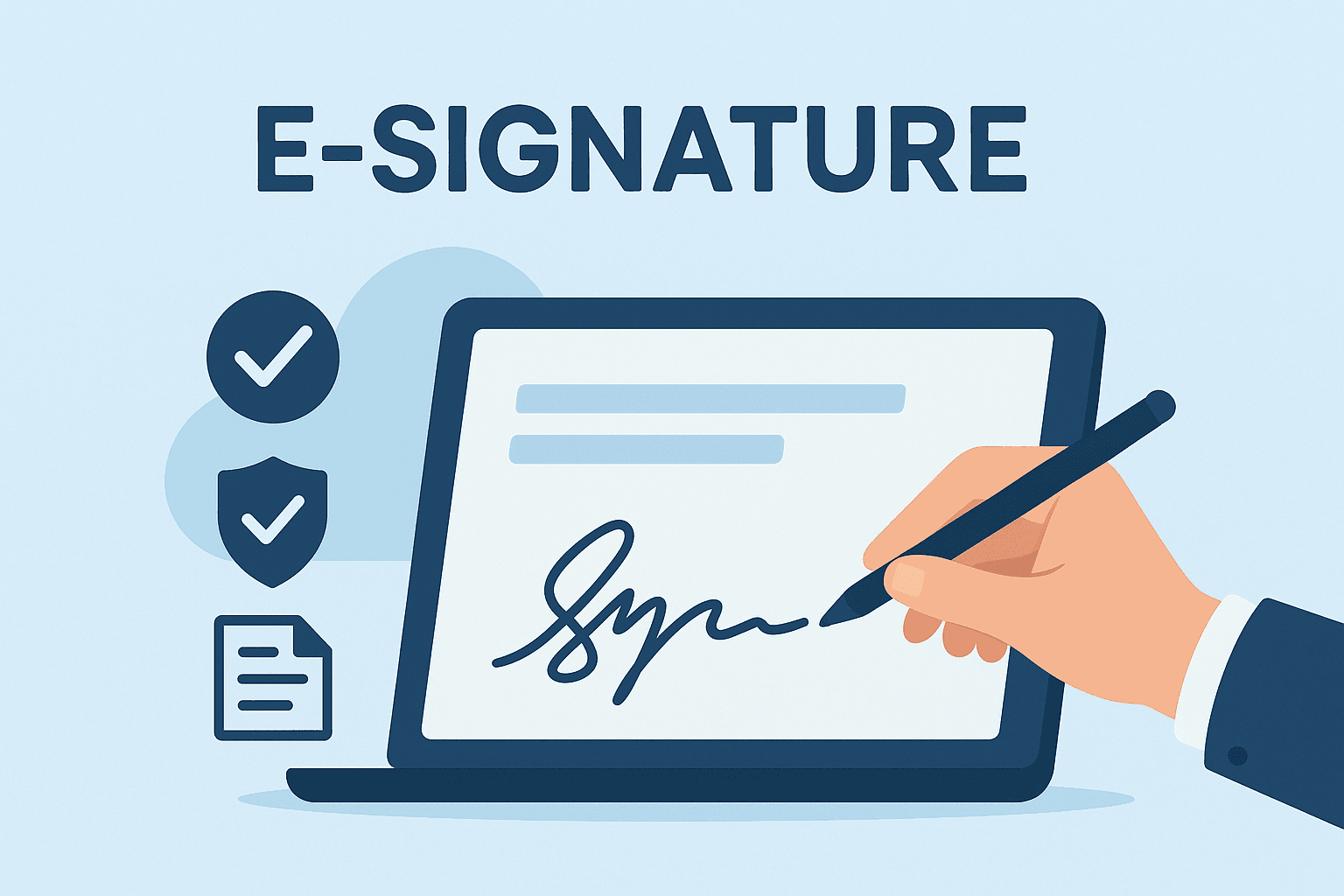Is a DSC certificate legally valid?





Is a DSC Certificate Legally Valid?
In today’s rapidly digitalizing world, Digital Signature Certificates (DSC) are becoming indispensable tools in both corporate and personal transactions. Whether you’re filing taxes, signing contracts, or submitting official documents online, DSCs offer a streamlined and secure alternative to traditional physical signatures. But a frequently asked question remains: Is a DSC certificate legally valid?
Let’s explore the legal standing of a DSC certificate, focusing particularly on how regional legislation — especially in jurisdictions such as Hong Kong and Southeast Asia — treats digital signatures.
What Is a Digital Signature Certificate (DSC)?
A Digital Signature Certificate is a secure digital key issued by recognized Certifying Authorities (CAs) to validate the identity of the signer. It contains essential details such as the name of the certificate holder, the public key, expiry dates, and the issuing authority.
Unlike scanned signatures or typed names, DSCs are based on cryptographic protocols that ensure a high level of security and integrity. This makes tampering nearly impossible, thus ensuring the authenticity of the digitally signed documents.
Legal Validity of DSC Certificates in General
The legal recognition of digital signatures, particularly DSCs, is governed by specific local legislation around the world. Globally, many countries have ratified laws aligning with the UNCITRAL Model Law on Electronic Signatures and E-Commerce, which lays the foundational principles for the acceptance and verification of electronic signatures.
For instance:
- In the United States, the Electronic Signatures in Global and National Commerce (ESIGN) Act and the Uniform Electronic Transactions Act (UETA) grant legal validity to digital signatures.
- In the European Union, eIDAS Regulation (EU 910/2014) standardizes electronic signatures across member states, providing legal recognition.
- In India, the Information Technology Act, 2000 provides legal backing to DSCs, particularly for government-related processes.
So, is a DSC certificate legally valid? Absolutely — as long as it’s issued by a recognized authority and used in accordance with the applicable local laws.
Legal Position in Hong Kong
Hong Kong has a robust digital signature framework governed by the Electronic Transactions Ordinance (Cap. 553). According to this ordinance:
- Digital signatures are legally valid and enforceable.
- The certificate must be issued by a recognized Certification Authority.
- It should be secured through proper encryption and identity verification standards.
Under Hong Kong law, a certificate-based digital signature is considered equivalent to a handwritten signature, provided all requirements are met.

As per legal precedent and practical applications, DSCs are accepted for legal documents, contracts, tax filings, and even when communicating with government portals, so long as they comply with Cap. 553.
Recognition in Southeast Asia: The Growing Trend
Southeast Asian countries are rapidly modernizing their legal frameworks to accept digital transactions. Let’s look at a few examples:
- Singapore: The Electronic Transactions Act (Cap. 88) fully supports digital signature technologies such as DSCs. It recognizes certificates issued by licensed CAs and considers them legally binding.
- Malaysia: The Digital Signature Act 1997 details how DSCs should be used and legally recognized.
- Indonesia: Law No. 11 of 2008 concerning Electronic Information and Transactions provides a framework for recognizing digital certificates.
The key takeaway is that regional laws across Southeast Asia generally confer legal validity to DSCs, as long as they follow specific guidelines — such as adherence to local encryption standards, traceability, and the use of trusted issuing bodies.
Common Use Cases Where DSCs Carry Legal Weight
Digital Signature Certificates can be legally binding in a wide range of scenarios, including:
- Filing income taxes and GST returns
- Registering new businesses online
- Signing digital contracts
- Tendering public procurement documents
- Verifying identity on bank and financial forms
In many of these cases, the law mandates the use of a Class 2 or Class 3 DSC to provide assurance of the signer’s identity and the document’s integrity.

Moreover, with governments in Asia pushing for smart governance and paperless workflows, DSCs are becoming essential rather than optional.
Does a DSC Hold Up in Court?
This is a critical question, particularly for business owners and entities that operate in multiple jurisdictions.
Yes, DSC-signed documents can hold up in court, provided the following conditions are fulfilled:
- The digital certificate is from a trusted Certifying Authority.
- The process of signing follows prescribed technical standards.
- There is consent by both parties to transact electronically.
For example, in Hong Kong, courts have admitted DSC-based agreements as binding contracts under certain circumstances, reconfirming their legal weight under the Electronic Transactions Ordinance.
Authorities That Issue Legally Recognized DSCs
The legitimacy of a DSC heavily depends on the issuing authority. Some examples of recognized CAs include:
- In India: eMudhra, Sify, NSDL
- In Singapore: Netrust
- In Malaysia: Trustgate
- In Hong Kong and Southeast Asia: eSignGlobal is gaining traction due to its region-specific compliance

Thus, when choosing a provider, it’s critical to ensure that the CA is registered and recognized by the local regulatory body or the appropriate licensing authority in your country.
Security and Authentication
Beyond legality, what makes a DSC trusted is its security. DSCs typically use asymmetric cryptography — a public key to encrypt and a private key to decrypt. This dual-key system ensures:
- The document has not been altered (integrity)
- The signer is verified (authentication)
- The signature cannot be denied (non-repudiation)
These three pillars form the basis of digital trust and are the reason DSCs are considered superior to other forms of electronic consent.

Final Thoughts: Is a DSC Certificate Legally Valid?
In summary:
- Yes, a DSC certificate is legally valid in most modern legal systems.
- Local laws in Hong Kong and Southeast Asian countries support the legal enforceability of DSCs, provided they meet specific criteria.
- Use cases range from tax filings to court-admissible contracts, making DSCs not only legal but indispensable in today’s business landscape.
As always, the key is compliance — using a legally recognized provider, understanding jurisdictional laws, and following best practices for document management and digital consent.
Looking for Regional Compliance? eSignGlobal: The Trusted DocuSign Alternative for Hong Kong & Southeast Asia
If you’re in Hong Kong or Southeast Asia and need a trusted alternative to global signature providers like DocuSign, consider eSignGlobal. With a strong focus on local compliance, language support, and regional encryption standards, eSignGlobal ensures your digital signatures are legally binding and audit-ready.


 Only business email allowed
Only business email allowed


